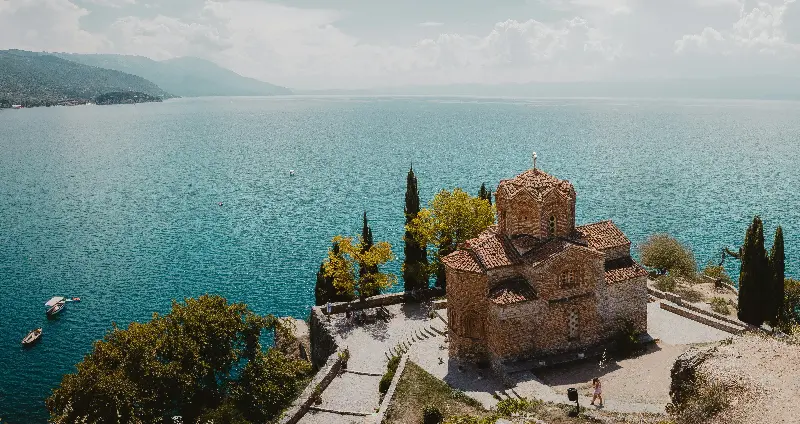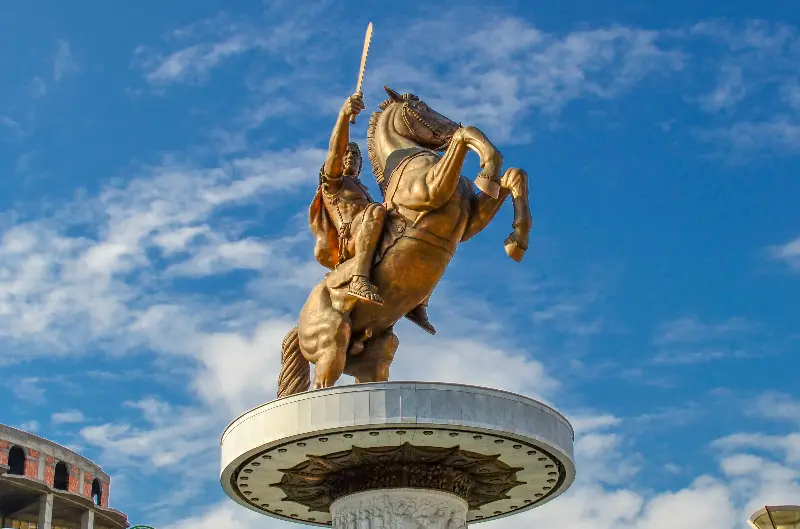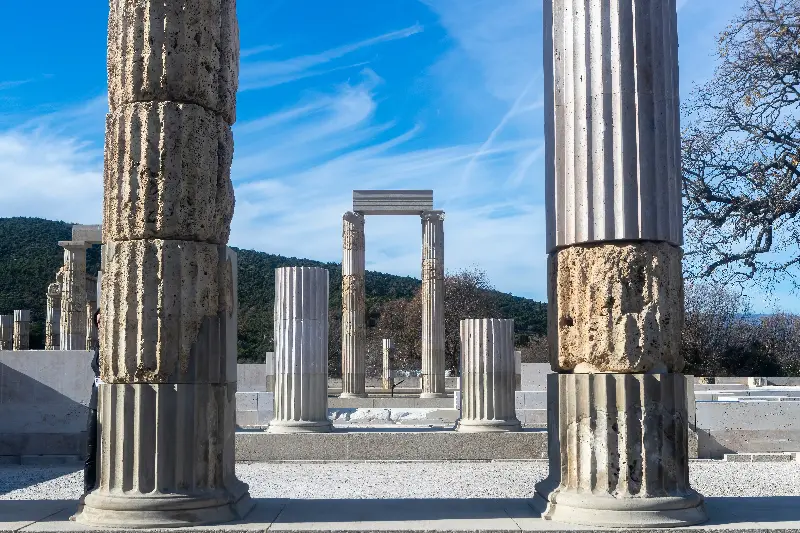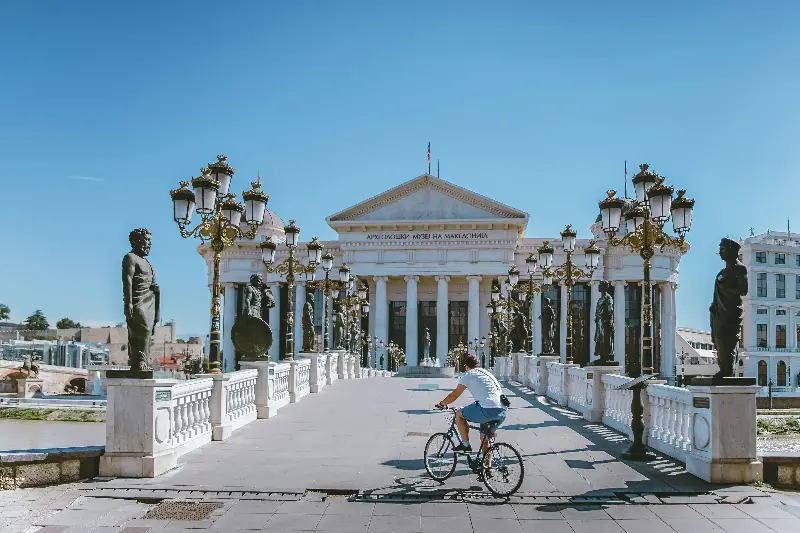
Few figures in world history cast as long and intriguing a shadow as Alexander the Great. Yet, behind his legendary feats lies a land steeped in secrets: Macedon, a kingdom whose stones whisper stories of ambition, ingenuity, and enduring influence. For centuries, these living relics have invited educators, historians, and explorers to ponder—what truly lasted from Alexander’s celebrated reign, and what do these ancient stones still teach us?
Foundations of a Legend: Where It All Began

To understand Alexander’s legacy, one must first explore the hallowed ground of Macedon itself. Nestled in the northern reaches of Ancient Greece, Macedon was not always assured of greatness. Unlike its rivals Athens and Sparta, Macedon was considered a wild, barely tamed province. Its rise stunned the classical world.
At the heart lies Aigai, the original royal capital, and Pella, the glittering successor where Alexander was born in 356 BCE. Archaeologists have uncovered grand palace complexes, mosaic floors dazzling with scenes of hunting and mythology, and an innovative street plan that was revolutionary for its time. Imagine walking through corridors where the footfalls of kings once echoed—each stone bearing silent witness to the formation of an empire.
The Silent Strength of Stone: Macedon’s Architectural Marvels

Macedonian builders did more than merely imitate their Greek neighbours. The tombs at Vergina—believed by many to be the resting place of Alexander’s father, King Philip II—display immense sophistication. Their frescoes still burst with colour after more than two millennia, revealing celebrations, battles, and even mythic afterlives.
Key marvels include:
- The Barrel-Vaulted Tomb, with its unique structural engineering
- Extensive city walls that stood firm against invaders
- The Royal Palace at Aigai, among the largest structures of its era
It’s no exaggeration to say that these stones breathe with the drama and possibility of ancient ambition, awaiting the modern imagination to bring them to life once again.
Echoes Through Education: Lessons from Macedon’s Past

The influence of Macedon did not end with Alexander’s sword. From its courts and classrooms, teaching methods spread far and wide. Alexander himself learned under Aristotle, whose philosophy left an indelible mark on Western thought. Schools across the Mediterranean adopted the Macedonian model, blending Hellenic culture with local traditions.
What makes this legacy invaluable for modern education?
- The embrace of curiosity—Alexander famously wept when he ran out of worlds to conquer.
- Commitment to blending cultures—Macedon became an epicentre for Greek, Persian, and Egyptian ideas.
- Lessons in resilience—from its rough beginnings to ruling from Egypt to India, Macedon’s story is one of transformation.
To study Macedon is to embrace the restless drive for knowledge and the allure of the unknown, values that continue to resonate in classrooms today.
Legacy in Living Memory: Why These Stones Still Matter
Macedon’s influence stretches well beyond the dusty pages of history books or the echoing stones of its ruins. Greek, Slavic, and Balkan legends still reverberate with tales from Alexander’s saga. Every year, visitors walk the ancient roads, inspired by mosaics, fortifications, and tombs that hint at untold stories beneath the earth.
Perhaps most compelling is how these stones remind us that even the mightiest empires are ultimately fashioned by people—dreamers, scholars, warriors—whose legacies are preserved not just in texts, but in the enduring architecture and ideas they left behind.
As you contemplate the living stones of Macedon, what other lessons might these ruins hold for the world today? If their silent shadows could speak, what truths would they reveal about ambition, learning, and the intricate dance of cultures across centuries?
